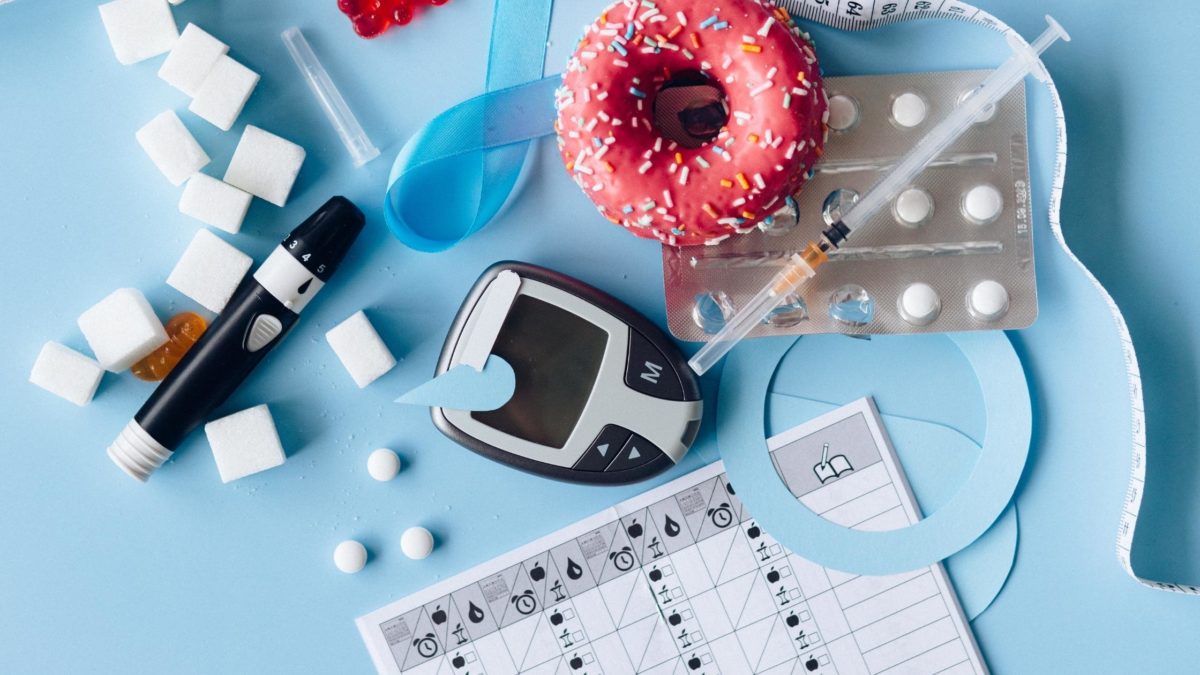- Summer Sports and Their Impact on Hearing Health - July 15, 2024
- Should You Disclose Your Hearing Loss? - July 3, 2024
- What Is the Impact of Smoking and Alcohol on Hearing? - June 25, 2024
Have you been told you have diabetes? According to numerous studies, people with diabetes are twice as likely to experience hearing loss.
Diabetes affects 32.4 million individuals in the United States alone and is expected to increase over three decades, making prevention and awareness more crucial than ever. It is estimated that 84 percent of the 88 million people in the United States who have prediabetes are unaware of their condition. Early detection and prevention could help prevent the many health issues with diabetes, such as hearing loss.
Hearing Loss Symptoms
Hearing loss frequently develops gradually over time, and many people are unaware they have it. People close to you are usually the first to notice. The following are some of the most common symptoms of sensorineural hearing loss:
- Tinnitus is a buzzing or ringing sensation that occurs after exposure to loud noise.
- Sounds and speech are distorted.
- You frequently have to request that others repeat themselves.
- When there’s a lot of background noise, it isn’t easy to hear what’s being spoken.
- Others complain that you watch to the TV or radio on too high of a volume, even though you think it’s fine.
Diabetes and Hearing Loss: Is There a Link?
According to a study published in the Annals of Internal Medicine, researchers from the Nationwide Institutes of Health reviewed data from a national health survey that included findings from hearing tests and a diabetes questionnaire for nearly 11,000 people aged 20 to 69. According to the study, patients with diabetes were shown to have a higher chance of hearing loss.
- High-frequency hearing loss was seen in 54 percent of diabetic individuals compared to 32 percent of non-diabetic patients.
- Compared to 9 percent of those without diabetes, 21% of diabetic patients showed mid-frequency hearing loss.
Why do people with diabetes have more hearing problems? It’s not because they’re older or have had the disease longer. Instead, it’s because there is a direct link between high blood sugar levels and damage to the tiny blood vessels in your ears.
When these tiny blood veins are damaged, fluid leaks into them and causes swelling — also known as edema. The result is poorer circulation in the ear canal and fluid buildup behind the eardrum (called otitis media). This reduces the mobility of sound waves through the ear canal, which makes it harder for people with diabetes to hear clearly.
Taking control of your health.
While it’s not always possible to avoid the triggers of diabetes altogether, you can help reduce your risk by making healthy changes in your lifestyle.
- Maintain a healthy weight. Being overweight increases blood glucose levels and makes type 2 diabetes more likely. Losing just 5% of your body weight can help lower blood sugar levels, make medications work better, improve cholesterol levels and reduce high blood pressure.
- Get regular exercise. Regular moderate physical activity is essential in controlling blood sugar levels. It also helps prevent complications that result from diabetes, such as blindness and kidney disease, by helping control factors such as blood pressure and cholesterol levels that influence these outcomes.
- Eat a balanced diet with plenty of fruits, vegetables, and whole grains to keep your body well-nourished while keeping calories under control, so you don’t gain weight unnecessarily. A diet rich in fiber may also help lower cholesterol levels which may play a key role in preventing heart disease associated with high blood pressure or atherosclerosis (buildup of plaque inside artery walls).
Take Care of Your Hearing
Hearing loss must be addressed as part of diabetes prevention if diagnosed with diabetes. Take action! Make an appointment for a hearing test today to help you fight diabetes.

